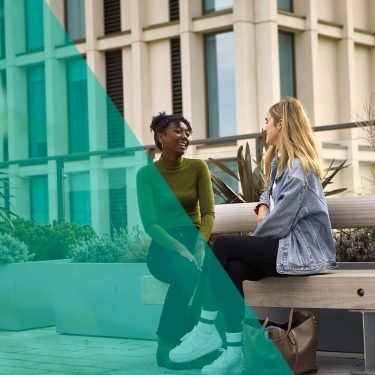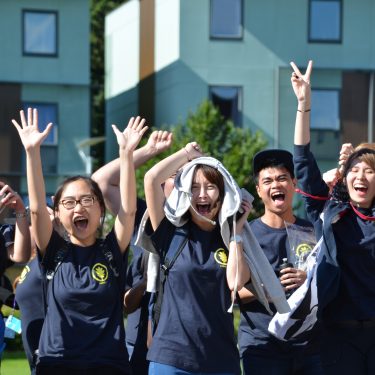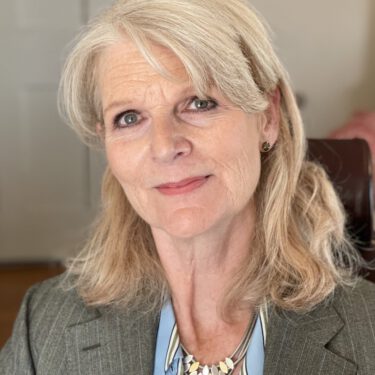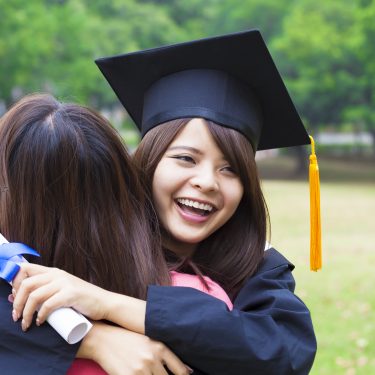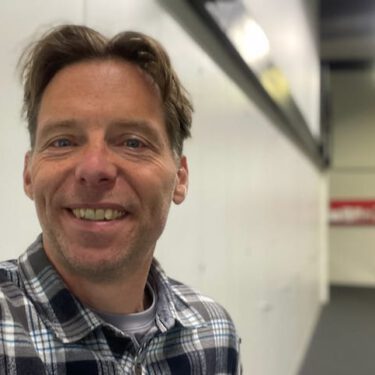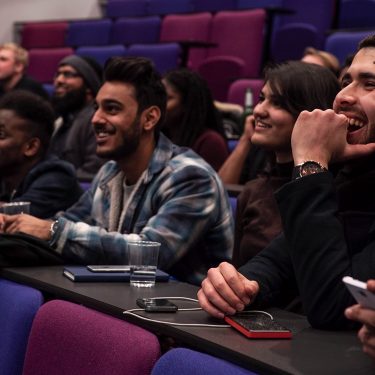This piece has been contributed to the Student Futures Commission on behalf of the University of Liverpool by Rachael Collins, Student Success Manager
To say the past 15 months have been a rollercoaster would be an understatement; scary, unpredictable yet sometimes thrilling as we discover what we are capable of achieving. Over time, the ‘Covid’ ride became familiar, anxieties lessened as we built resilience but, just as we started to feel relief it was coming to an end, we realised that the ride wasn’t over and there was no way of jumping off. Planning for the next academic year and meeting student expectations will continue to be a challenge.
The disruption to Higher Education due to Covid has been well documented and although universities have rapidly adapted to new ways of working, there is no doubt that students have missed out on the university experience as a whole. As Hattie Tollerson highlighted in a recent Wonkhe blog it can be as much about ‘the queue chats’ and social connections as the formal academic lectures. This past year has shone a spotlight on some issues that have been simmering beneath the surface for some time -most notably, loneliness, anxiety and the rise of perfectionism.
At the University of Liverpool, we recognised how crucial the first 100 days are to a student’s individual university experience and during Welcome Week asked our students to participate in a series of surveys tracking their student journey. By collecting data and insights from our students we were able to listen, learn and take-action. Across four surveys, the students participating were asked to complete a series of standardised and themed questions, with the latter focusing on first impressions, being active, making connections and learning.
We discovered that for new students, our Welcome Week app and Peer Mentors were by far the most significant routes to accessing support in the first few weeks at University. However more needed to be done as it was reported that by day sixty there were still a third of students who self-reported as having made few new friendships/connections ‘Being off campus has made socialising outside of lectures very difficult’ Exploring the data further we found that experiences varied depending on the individual student and their circumstances. Students with a known disability were consistently less satisfied than students without a known disability, and Black and Minority Ethnic students had satisfaction rates in excess of 10% higher than white students.
We have used the data gathered from these surveys to inform our planning for the next academic year. One-off events during Welcome are important for profile-raising and highlighting key issues, however, students’ experiences and moods fluctuate over time in response to a number of factors (both internal and external) and therefore this should be monitored and addressed in real time. In light of the rich student feedback we have received, we have created new programmes and activity for the forthcoming academic year 2021/22 available to new and returning students:
Inclusion
We will do more to cultivate an equitable eco-system for all students and it is important to review this regularly. More support at pre-arrival will manage expectations and prepare students for university life:
- Pre-orientation Week-New and returning commuter, disabled and mature students are given the opportunity to hear from their support teams and current students. Personalised tours and activities will be on offer in advance of Welcome.
- Staff Inclusion Training -To ensure all students receive a consistent experience, staff will gain access to short videos from ‘non-traditional’ students to understand more about their experience and how they can make small changes to support their needs.
- Unlock Your Potential Programme -Our recently launched UP initiative aims to level the playing field in as many ways as we can. Through a range of direct interventions, specialised activity and by developing a unique set of resources and tools, we hope to equip underrepresented students with the skills, connections, and confidence to be successful.
Connection
Connection looks at supporting students to strengthen existing relationships and cultivate new ones. Students need to form relationships with others and experience a sense of belonging.
- Virtual Flatmate– This new programme helps students create stronger links in the student community, building a peer network. All first-year commuter students will be invited to join a ‘flat’ where they will have group chats, movie nights, cooking sessions, quiz nights and be encouraged to meet offline to travel in to University together to explore the campus.
- Design Your Future– Students are encouraged to take part in interdisciplinary global challenges during Welcome and engage in enterprise programmes to widen their networks.
- The Green Room– Our newly established online enterprise forum is an informal space for students to connect, collaborate and create together.
Autonomy
Autonomy ensures students can make their own choices, take control of their personal success and explore future possibilities.
- Welcome Week App– Launched last year, but has since broadened its scope based on student feedback ensuring this is a ‘one-stop shop’ working as a seamless, clear communication tool and offering a Netflix style personalised experience.
- Road to Success Framework- positioning students in the driving seat of their own success supported through initiatives such as ‘meet the teams’ inviting students to become familiar with support available both face to face and virtually. This transparency aims to break down barriers and allow for seamless transitions.
- 100 Days Goal-Setting Toolkit- based on key findings, we have developed a toolkit based on the Nudge Theory, encouraging students to set academic, personal and future goals (examples are provided based on insights from 100 Days participants
Wellbeing
Focusing on mental strength and reframing life challenges resulting in students feeling empowered, confident and ready to grasp opportunities.
- Peer-to-Peer Increased the recruitment of peer-to-peer roles (Career Coaches, Digital Coaches, Wellbeing Influencers) facilitating more informal opportunities for students to support and learn from one another.
- Peer Assisted Learning (PAL) We have established a number of targeted PAL programmes to operate alongside and in addition to Wellbeing Influencers. Data has been used to identify modules that are underperforming and problematic and may underperform in NSS.
We plan to run the 100 days survey again this year, which will allow us to compare two data sets and continue to improve our offer. It is important to listen and engage students in the right way. Clear, simple and consistent communication is needed to ensure students are engaged, informed and reassured. Themes such as wellbeing and belonging should be common threads woven into the fabric of the institutional experience. Our aim is to create communities and networks across the institution beyond academic subjects, led by influencers and positive role models; staff supporting students, students mentoring staff, and most importantly supporting the creation of student peer-to-peer networks.
This piece is part of the ongoing series of blogs and case studies that we will be publishing over the next few months. It represents the views of the author, and is part of the broad conversation the Student Futures Commission is facilitating.

